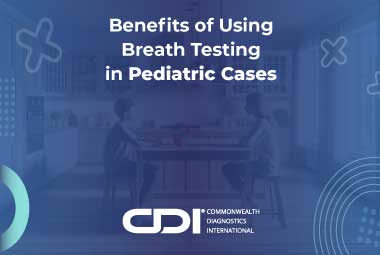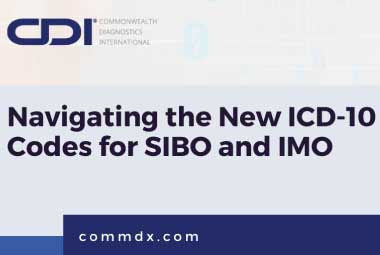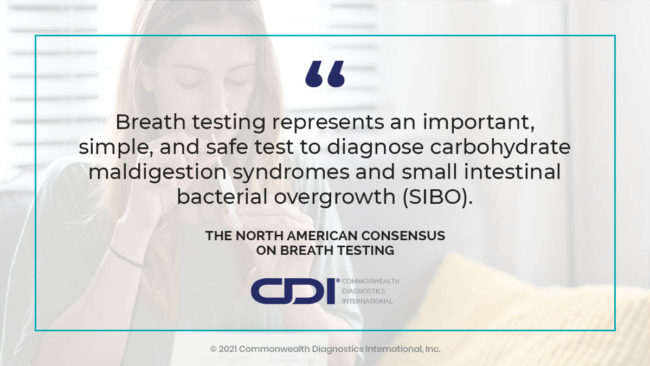The Significance of CO2 Correction in Hydrogen and Methane Breath Testing
CO2 correction is a vital component of accurate hydrogen and methane breath testing, and at CDI, we lead the way in implementing this essential process. By choosing CDI, healthcare providers can trust that they receive the most accurate, reliable, and transparent diagnostic results, enabling them to deliver exceptional patient care. Breath testing has become a…










